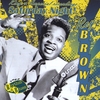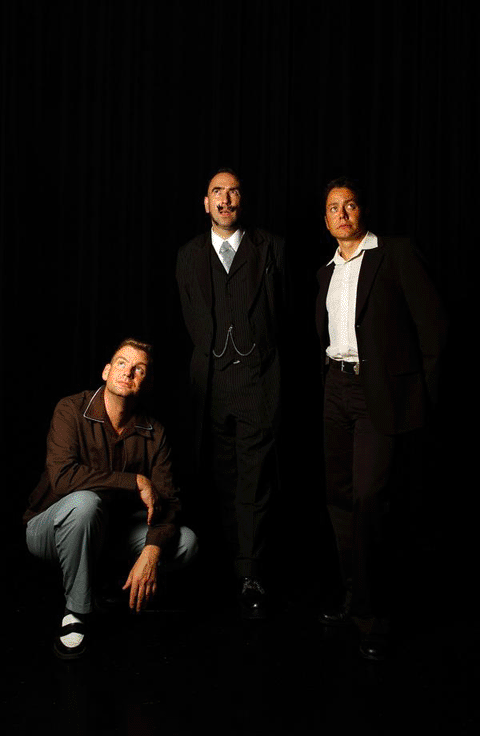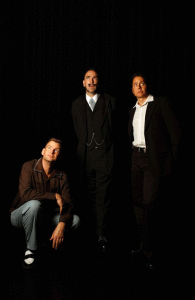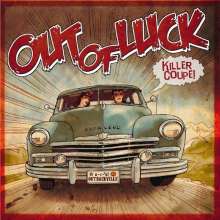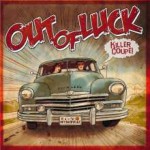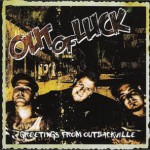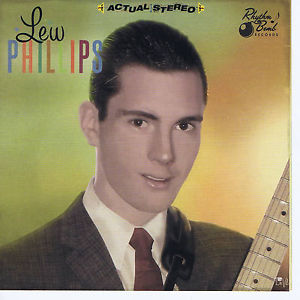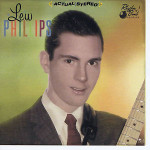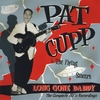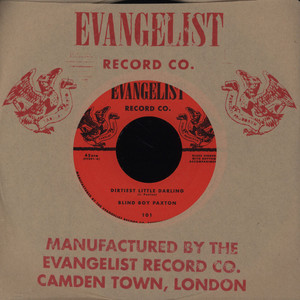 Dirtiest Little Darling / Railroad Bill [2012]
Dirtiest Little Darling / Railroad Bill [2012]
Evangelist Records EV001/EVS001
When it comes to ragtime guitar and pre-war blues, very few can do it like Blind Boy Paxton. Close your eyes and this is the closest thing to a time machine you’ll ever find. This talented young boy (he’s born in 1989) hasn’t released a full album yet but you can wait with this hot 78’s recorded at Lewis Durham studio (he of Kitty Daisy and Lewis) and published on his label too. Sida A is a Paxton’s original and features a harmonica accompaniment. The B side, ‘Railroad Bill’ is a traditional songsters song. Also available on 7″ format and digital download.
Look on youtube to find plenty of other numbers recorded during that session.
Fred “Virgil” Turgis

